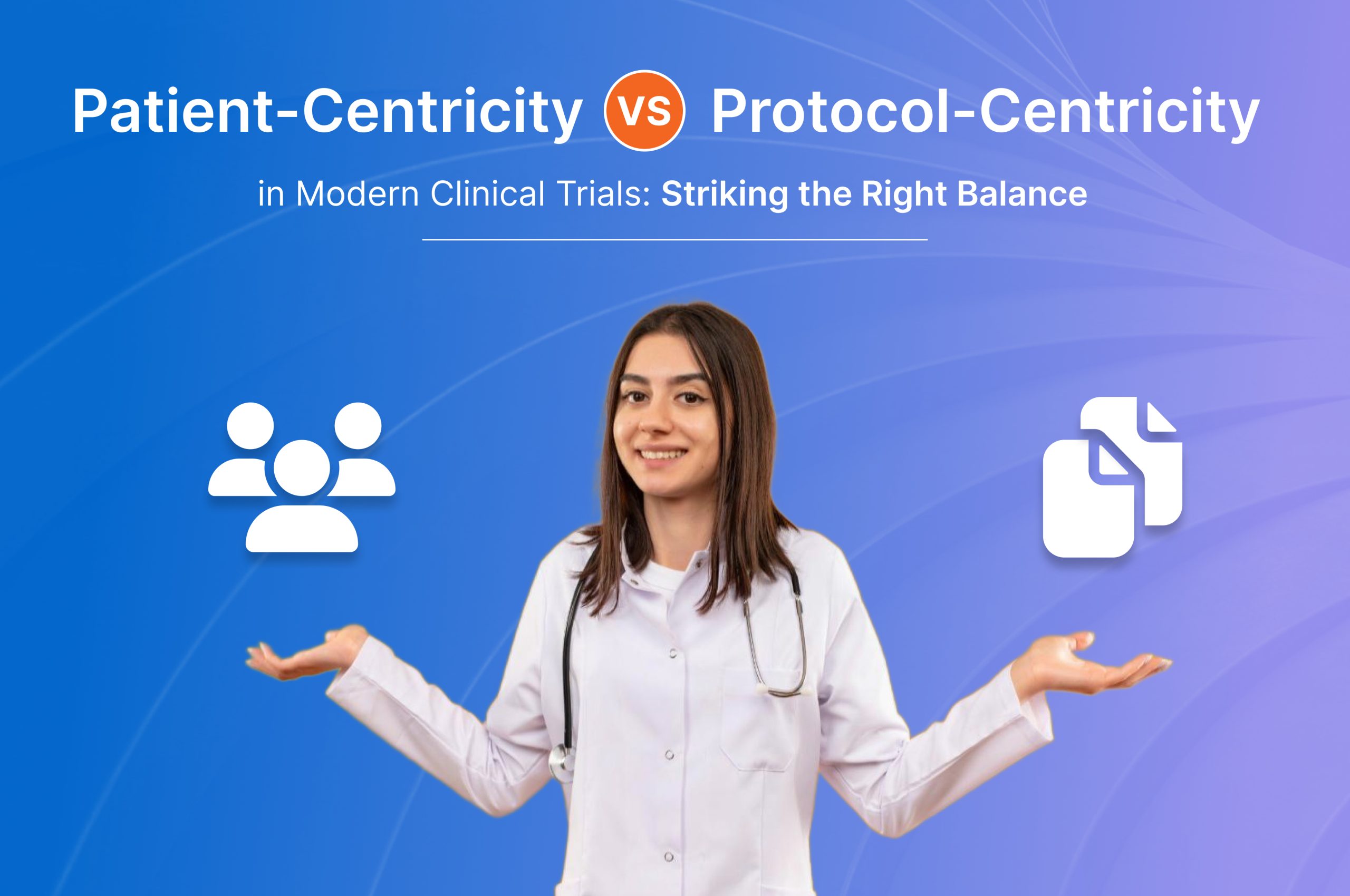Although double-blind clinical trials have historically been considered the gold standard of clinical research, they do have major disadvantages. Some of the most frustrating aspects of the randomized controlled trial include insufficient patient engagement, a lack of cultural and racial variety in the research population, and the terrible fact that some study participants will only get a placebo. They also contribute to the fact that 80% of clinical studies fail to meet enrollment deadlines and standards.
Recent breakthroughs in analytics have enabled real-world evidence (RWE) obtained from data sources of real-world patient experiences to supplement—and in some cases, completely replace—the randomized controlled trial. Life Sciences teams can now identify patterns of behavior and health outcomes—previously captured only through a clinical trial—without ever fielding a study or dispensing a placebo by tracking the patient from the moment they present with a first symptom to their trajectory over time across different specialists, lab tests, procedures, and therapies.
RWE Makes Inroads In Regulatory Process
Pfizer recently received FDA clearance for their immunosuppressant medicine, Prograf, which was based on a non-interventional trial that employed RWE from the United States Scientific Registry of Transplant Recipients.
The Food and Drug Administration (FDA) of the United States has made no secret of its interest in leveraging RWE. The Advancing Real-World Evidence Programme of the FDA seeks to improve the quality and acceptance of RWE-based techniques to support new intended labeling claims and meet post-approval research criteria. Since the publication of its breakthrough framework for real-world evidence program in 2018, the FDA has been a pioneer in RWE adoption.
So, what is the impact of this increased interest in RWE in the trenches, where Life Sciences teams are developing novel medicines and figuring out the best methods to include RWE into regulatory submissions? And, in the long run, might RWE replace regular clinical trials?
The Future Of Regulatory-Grade RWE
Randomized clinical studies have various flaws. They remain the gold standard, but some things cannot be accounted for and do not always work as intended. Consider the rare disease fast-track program. There are some unforeseen implications. Most typically, if a patient is experiencing no impact and realizes they are receiving a placebo, they will often withdraw from the study and begin taking the treatment because it is already on the market.
A group of researchers conducted a series of tests employing RWE alongside a randomized controlled trial to test for bias management and discovered that when bias hazard ratios improved in the trial population, the ratios in the RWE population improved as well. This demonstrated that we were witnessing a genuine treatment impact as RWE.
This is ground-breaking research and policy, and the FDA has a massive ship to navigate, so we must recognize that this is a process, an evolution.
The FDA treats RWE in the same way as it does clinical trials. Hard endpoints such as hospitalization, death, and transplant are being sought. If you intend to employ RWE as part of the regulatory submission process, you must be able to offer hard, measurable, explainable data with the same rigor and confidence that you would data from a clinical study.
We're only getting started with RWE, and future advancements will have even more dramatic effects. This is only the beginning.
In Summation
Real-world data and evidence are rapidly being seen as essential supplements to current clinical studies. Researchers may widen the evidence base, record long-term effects, undertake comparative effectiveness studies, and improve post-marketing surveillance by adding real-world data.
Interested in finding out how Octalsoft incorporates RWD and RWE in our suite of eClinical solutions to improve patient care, inform clinical decision-making, and shape healthcare policies to better reflect the real-world needs and positive patient outcomes?
Book a Demo with us Now!
Watch this space for more information, updates, and fresh insights for your clinical trials in Octalsoft’s vast library of scientifically driven publications written by our expert team and industry key opinion leaders.



